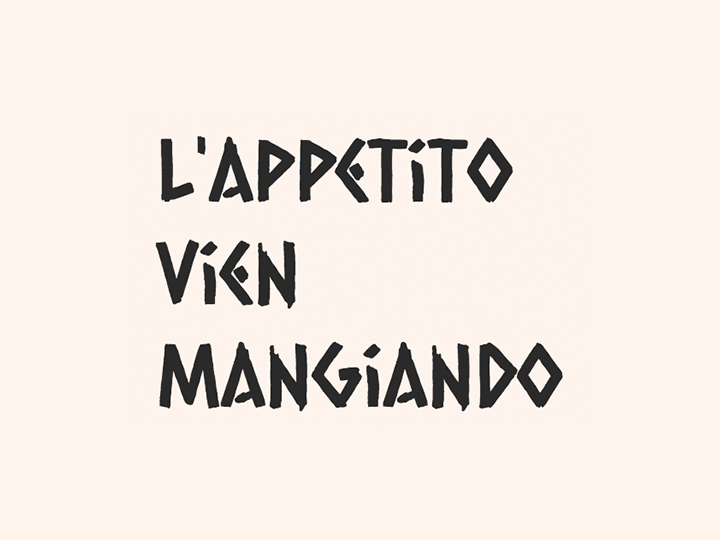Language is probably one of the most important components of culture and it is practically impossible to understand another culture without knowing its language.
The link between language and culture is so strong that when you learn another language, you also absorb the culture of that country. One of the reasons why children pick up languages more easily is that they have not built up the psychological barriers to absorbing another culture that adults have. This is also the reason why studying a language in the country where it is spoken, that is in full-immersion, can be stressful, but also more effective; you are learning the culture together with the language.
If it is true that language reflects the history, traditions and values of a culture, this is particularly true of idiomatic expressions or proverbs. Values such as ambition, virtue, generosity and patience are praised in almost every culture, but each culture has unique expressions and proverbs to express this which cannot be translated into another language. There is even a saying, “If you want to know a people, know their proverbs”.
Sharing proverbs is an excellent way to learn about other cultures – their similarities and differences. For example, what values do you think these proverbs reinforce? The first one – Eggs cannot teach a hen – means that young people should listen to older people who have more experience. This indicates that the Russian culture places a value on respect for old age and experience.
“Eggs cannot teach a hen” (Russian)
“A book is like a garden in one’s pocket” (Indian)
“Gifts reflect those who give them“ (Chinese)
“Better a warm welcome than an invitation to lunch” (Arab)
“More flies are caught with honey than with Vinegar” (French)
“Honesty makes you rich, but she works slowly” (German)
Does anybody of you would like to share a proverb you particularly like in your language and explain what values it is based on and how it reflects your culture?
